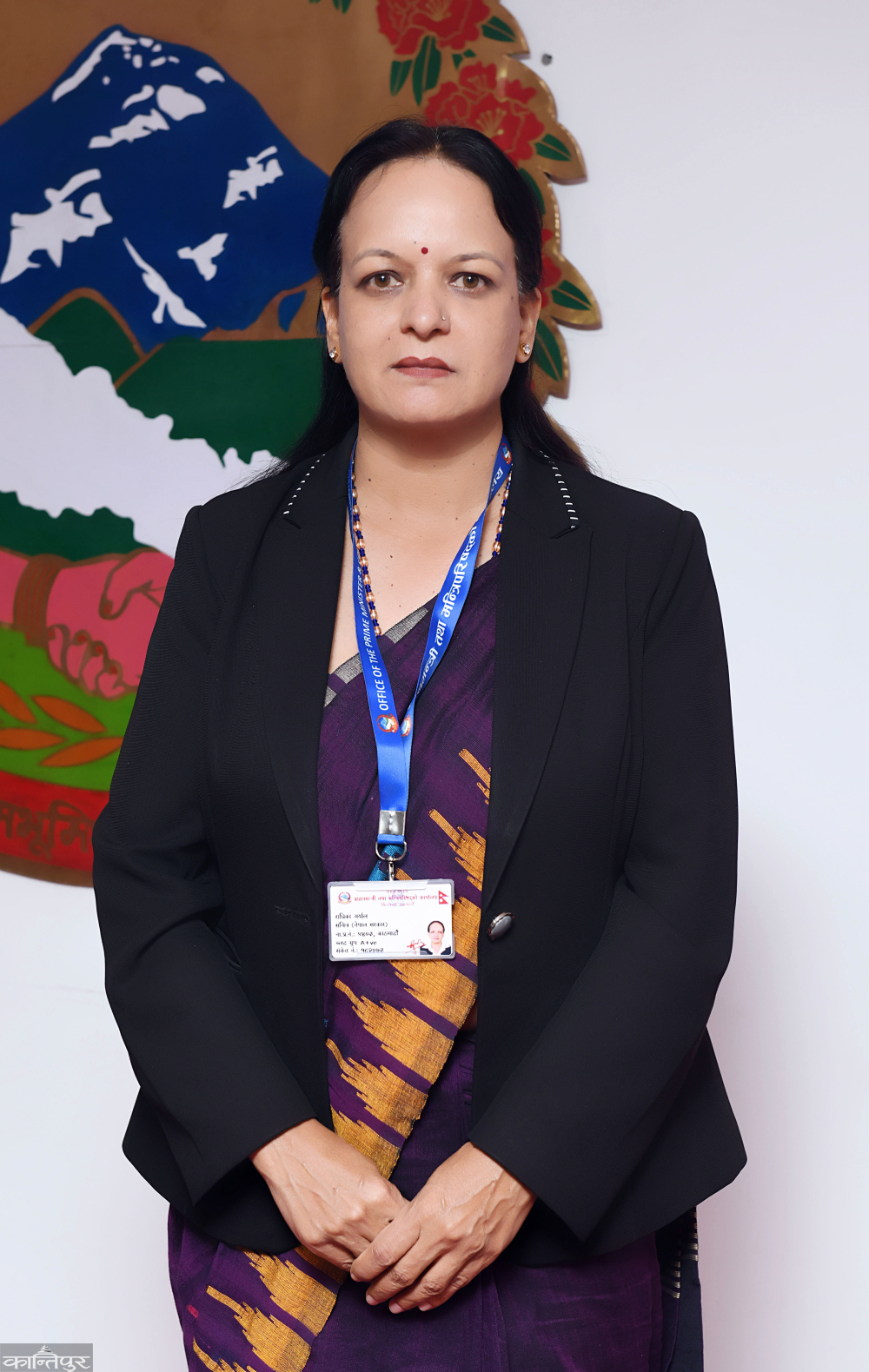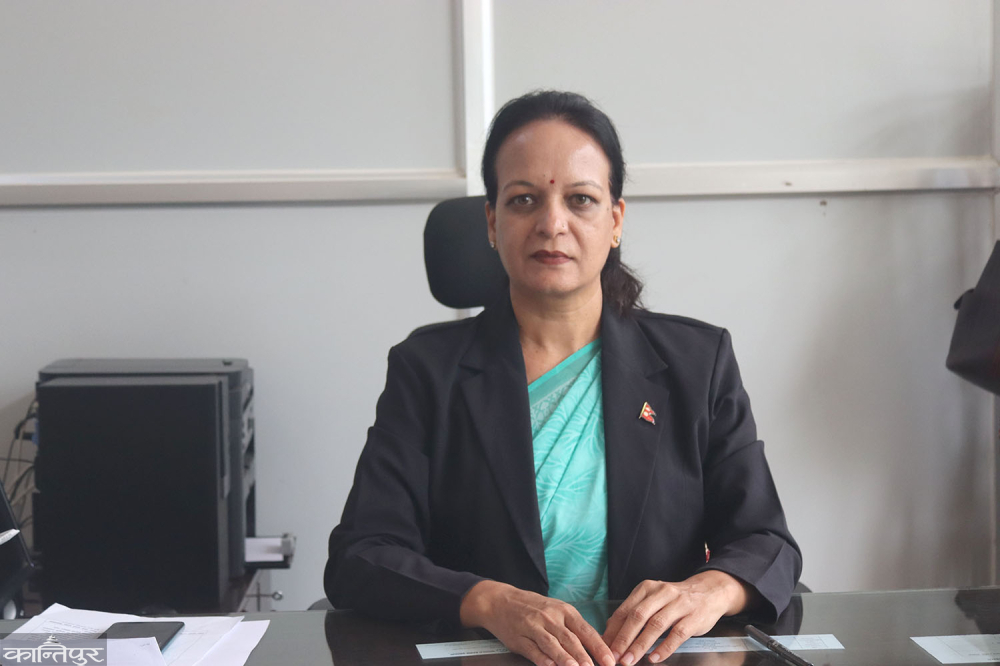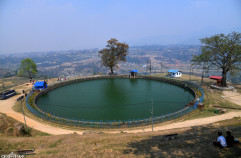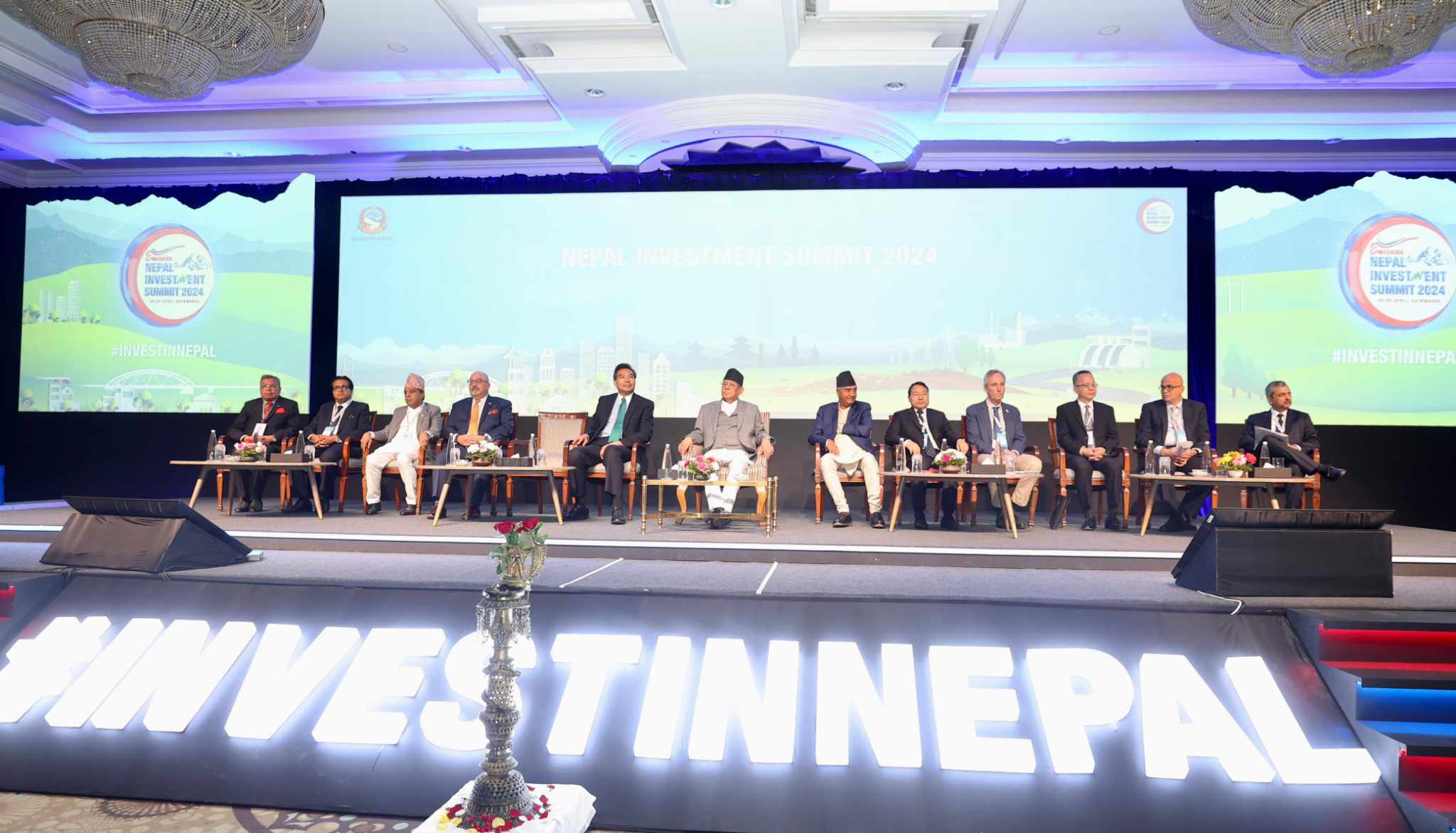From hay-wood to chief secretary
We use Google Cloud Translation Services. Google requires we provide the following disclaimer relating to use of this service:
This service may contain translations powered by Google. Google disclaims all warranties related to the translations, expressed or implied, including any warranties of accuracy, reliability, and any implied warranties of merchantability, fitness for a particular purpose, and noninfringement.

Feminist jurisprudence has a term used to describe the plight of working women – the second shift. The word housewife refers to a woman who manages the household. As there is a lot of work, but it does not count in terms of earning money, women's place in the gender statistics of employment/unemployment always comes in the place of the unemployed.


Because, all the housework is often the responsibility of women. If the role of housewives is seen as employed labor like in Singapore, then the data on the right will definitely shift to the left and the data on the left will shift to the right.
This is the case of 'Gorakhdhanda' who could not be registered as an employed worker. Which often gives room for easy reasoning or speculation that doesn't touch the working woman. However, for women who have gone into professional life or who have progressed as competitively as men in employed labor, there is always work at home waiting for them before and after office hours. Whereas, 'earning' men are often exempt from labour. In this way, the term used by the leaders of the western feminist movement to describe the general situation of having to work both at home and outside is second shift.
The equal opportunity given to maintain gender equality is always undermined by this 'second shift' and men are the ones who take the lead in the race. However, despite this, there are very few women who prove themselves to be good at running. Radhika Aryal, Chief Secretary of Lumbini Province, belongs to this category, under whose leadership is currently running an administration involving 11 ministries, more than 200 provincial offices and 4000 employees. Aryal, who has spent a long time in the federal ministry, is the special feature of the personnel administration of the province, which she is handling since last August, is that she is the first female chief secretary of the province and the youngest secretary in the administration group so far. If Laxmikumari Basnet had not been the Chief Secretary in Gandaki, she would have been the first woman to become the Chief Secretary in the state.
In addition to being the first female chief secretary, is there any difference in the nature of staff administration of the state and union or is it the same on both sides? This was the first question asked during the conversation with Radhika, who recently came to Kathmandu for a short time. "The process and method of working in the province is the same as the federal government," she answered without any confusion, "it is to work according to the rules, laws and standards made under the province." From the point of view of establishment and work experience, the province is new compared to the union and local government. That is why she likes to call the state structure a 'baby' compared to the age of the two governments below and above. Radhika, who was appointed acting chief secretary in August and confirmed for the same in October, has fully understood the problems and challenges of this 'baby government' during this period.
 'Due to the new structure, there are not enough employees in the province, even the existing employees lack expertise and efficiency,' she says, 'The work of filling up the posts has not started on time from the province's own mechanism, on top of that, there is no clarity in the exercise of rights according to the constitution and the provinces are financially independent. Not being able to do so is now seen as a major problem in the province. Currently there are clusters of government secretaries, law, foreign affairs, administration, forestry and agriculture and engineering. There are seven secretaries in this group. Among them, Radhika is the youngest secretary of civil administration. After becoming a secretary, she has reached the highest command of the Lumbini administration due to the government's decision to work as the chief secretary in the first post.
'Due to the new structure, there are not enough employees in the province, even the existing employees lack expertise and efficiency,' she says, 'The work of filling up the posts has not started on time from the province's own mechanism, on top of that, there is no clarity in the exercise of rights according to the constitution and the provinces are financially independent. Not being able to do so is now seen as a major problem in the province. Currently there are clusters of government secretaries, law, foreign affairs, administration, forestry and agriculture and engineering. There are seven secretaries in this group. Among them, Radhika is the youngest secretary of civil administration. After becoming a secretary, she has reached the highest command of the Lumbini administration due to the government's decision to work as the chief secretary in the first post.
Employees of specific categories retire on the basis of the age of eighteen years or five years of office as secretary, whichever comes first. In that way, after spending some time in Lumbini, about half of the term of his secretary will be spent in managing the administration of a ministry of the federal government.
Since the retirement of Chandrakala Kiran, who became the first female Kamu Secretary on 17th February 2038, forty-two years ago, there have been 20 female secretaries so far. 12 of them retired, Justice Services Secretary Nirmala Paudel was appointed as High Court judge. The remaining seven are employed. Radhika is one of them.
Radhika, who has always been ahead in her career even after doing 'second shift' and taking care of her family, bypassing all the barriers of her background, environment and time to reach here, there are no peers of her age. The then Goldhunga Gram Panchayat of Kathmandu was a remote village in 2033 when he was born. There was no such convenient way as it is now. Radhika, a member of a large family with siblings and her 4 children, 5 sisters, mother and grandparents in a lower middle income farming family, weeding and reading went hand in hand in her school life.
'Though Kathmandu is a district, it was a remote village that was very backward in terms of roads, education and awareness,' Radhika says, recalling her childhood memories, 'It was a time and society where there was no idea that one should educate one's daughter and make her independent. It looks like it now.''She herself experienced the situation of teaching her sons but not teaching most of her daughters and even the daughters who were sent to school could not read well. Even though they were sent to study, it was customary to make girls do all the housework and send them off to marry at a young age. Due to that custom, out of five sisters of Radhika, only she and her younger sister were able to study.
 "The three sisters didn't get the opportunity to study," Radhika says, "They got married at a young age." In such an environment, Radhika keeps herself busy in studies, even by doing "second shift". Exam time always came when the farm was the main work. Helping Baama in the fields, Radhika always found time to study hard. Radhika says, "I can still see the process of conducting exams while working in the fields. It is hindering the education of the daughters of farmer families." She overcame such obstacles and studied at Prithvi Narayan High School in the village till class 7. After that every day she started going to Kanya Mavi in Lainchaur by walking one and a half to two hours for the rest of her studies.
"The three sisters didn't get the opportunity to study," Radhika says, "They got married at a young age." In such an environment, Radhika keeps herself busy in studies, even by doing "second shift". Exam time always came when the farm was the main work. Helping Baama in the fields, Radhika always found time to study hard. Radhika says, "I can still see the process of conducting exams while working in the fields. It is hindering the education of the daughters of farmer families." She overcame such obstacles and studied at Prithvi Narayan High School in the village till class 7. After that every day she started going to Kanya Mavi in Lainchaur by walking one and a half to two hours for the rest of her studies.
'During the rainy season, the road used to be slippery,' Radhika remembers, 'When I came to Balaju, I used to carry my shoes in my hand.' . 'Passing the SLC was a big deal at that time,' Radhika smiled as she reached the extreme, 'Moreover, it was a rare event for a daughter to pass in the first class.' After passing her ISC and BSc from Trichandra, she did her MSc from the Central Botany Department of Kirtipur and also did her Masters in Public Administration. ;
In the meantime, she had also become a teacher in a village school. "Around the last year of MSc, there was talk among my friends that I should take the public service exam," says Radhika about the days before entering the civil service, "After some discussion, I also filled the form." She passed the preliminary exam of the new examination system in about a week of preparation. It took away the fear he had of civil service exams. Although he participated in the subsequent original examination, his name did not appear. However, Radhika gave the exam the next time with equal enthusiasm. This time the result in January 2061 got Radhika the job of branch officer in civil service.
He was appointed in the then Ministry of Labor and Transport. There is a legal provision that one cannot participate in the examination for promotion to a higher post for 5 years (4 years for women) after being authorized. As the period for his examination was starting, he got an opportunity to go to Japan for two years to study public policy at the University of Tokyo on the World Bank scholarship on the nomination of the Government of Nepal. After coming back from Japan, she went to compete in the public service exam for joint secretary. Due to the changes in the country, women's reservation had already been arranged by the constitution. So Aryal, who holds a master's degree in three subjects in the open competition among women, is recommended number one, in 2069. In this way, she rose from a branch officer directly to a high-ranking officer, a joint secretary. The delay caused by 'second shift' in his career was well removed by this leap.
After becoming joint secretary, she spent two years as deputy director general of the environment department. After that, she spent four years in the Ministry of Women, Children and Social Welfare from April 2071 and two years as Joint Secretary in the Ministry of Communication and Information Technology from November 2075. The rule in the administrative system is that the joint secretary of the union is the secretary in the province, just as the secretary of the union is the chief secretary in the province. Therefore, from August 2077, she became the provincial secretary in the office of the Chief Minister and Council of Ministers of Wagmati Province. The following year, she joined the Ministry of Industries, Commerce and Supplies as Joint Secretary. While working there, on 12th August 2080, the government made him the Permanent Chief Secretary of Lumbini Province. Shortly after that, on 16th November, she was promoted to the post of gazetted special category secretary.
Colleagues in the civil service portray Radhika as an officer with the ability to persevere in her work even in such circumstances. Continuing education along with work and also sending second shift is like his daily life. She was not available the evening before the interview due to 'cooking at home'. "In our society, no matter how high up a woman is, she is bound by the responsibility of the house," says Radhika, "but, saying that, I didn't always have to go through the second shift, I got along well with my family, otherwise I wouldn't have been able to come this far." He did not see any of Radhika's female classmates doing public service. Instead, what he remembers is that in the year he took his name as a branch officer, 38 people, including 5 other women, passed as branch officers. Among them, Radhika is the only one who reached the secretary level. All others are joint secretaries and deputy secretaries. After the branch was authorized, Radhika also excelled in the 6-month training given by the Nepal Administrative Training Institute and received a gold medal, and in 2075, she received the best civil award.
He never got time to prepare for public service while studying in college and teaching in school. After getting the job, the Ministry of Women conducted a one-month exam preparation training. Once Radhika participated in it, which sharpened her understanding of the subject.
Otherwise, Radhika could never prepare for public service and never did. This success has been brought to him by his innate nature of never being lazy to study rather than extra preparation. In the
exam, the questions coming from within the civil service and the practical aspects of answering those questions were challenging for him. He feels that he was able to overcome these challenges because he had the opportunity to closely observe and analyze the problems encountered in the agency he was working for and the initiatives taken by the leadership to solve those problems.
Radhika is not oblivious to the corruption, delay in public administration and the resulting resentment among the citizens. There is a path he adopted to reduce it and a conclusion based on that, full compliance with the rights given by the law and display of high level of morality.
'Virtue solves many problems,' says Radhika, a humble and quiet lifestyle practitioner, 'The negative image of the civil service under the public service and the low trustworthiness of the public towards the services it provides is the biggest challenge today.' Radhika believes that the bureaucracy should meet the expectations of the citizens as soon as possible.
प्रकाशित : चैत्र १२, २०८० ०९:४२
 २९.१२°C काठमाडौं
२९.१२°C काठमाडौं














